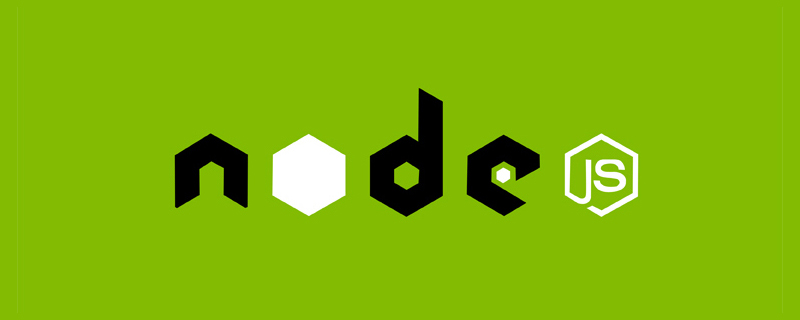Home >Web Front-end >JS Tutorial >Understanding the process object in Node.js
Understanding the process object in Node.js
- 青灯夜游forward
- 2020-12-01 17:36:243905browse

Related recommendations: "node js tutorial"
The process object is a global variable, an EventEmitter instance, which provides the current Node.js process information and operation methods
System information
The process object provides attributes for returning key system information. Commonly used ones are
- title: process name, default value node, the program can be modified to make the error log clearer
- pid: pid of the current process
- ppid: pid of the parent process of the current process
- platform: the operating system on which the process is running (aix, drawin, freebsd, linux, openbsd, sunos, win32)
- version: Node.js version
- env: all environment variables of the current Shell
stdin & stdout
Node.js and standard input and output device interaction objects are also provided through the process object
process.stdin.pipe(process.stdout)
A simple line of code can achieve this Print the console input content as it is on the console
Execution information
process.execPath
The process.execPath property returns the Node binary file that executes the current script. Absolute path
process.argv
process.argv property returns an array, the content is the parameters when executing the script, but the first two of the array are fixed
The absolute path of the Node binary file that executes the current script
The absolute path of the current execution file
process.js
console.log(process.argv);
node process.js a --b=2 [ '/usr/local/bin/node', '/Users/undefined/node-demo/process.js', 'a', '--b=2' ]
process.execArgv
The process.execArgv property returns an array, the members are the command line parameters between the Node executable file and the script file when executing the script under the command lineprocess.js
console.log(process.execArgv);
node --inspect process.js [ '--inspect' ]
Common operation methods
- process.chdir(): Switch the working directory to the specified directory
- process.cwd(): Returns the path to the working directory where the current script is running, which is the directory when the node command is executed.
- process.exit(): Exits the current process
- process.memoryUsage( ): Returns the memory usage of the Node.js process
Process events
The process object is an instance of the EventEmitter object, which can monitor some core system events. Commonly used ones are
exit
When the Node.js process is about to exit due to one of the following reasons, the exit event will be triggered:
- Explicitly call the
process.exit()method - Node.js event loop no longer needs to perform any other work
There is no way to prevent exiting the event loop at this time, And once all listeners for the exit event have finished running, the Node.js process will terminate
process.on('exit', (code) => {
console.log(`退出码: ${code}`);
});
uncaughtException
The current process threw an uncaught error uncaughtException event is triggered
process.on('uncaughtException', function (err) {
console.error(err.stack);
});
beforeExit
beforeExit## is triggered when Node.js clears its event loop and there is no more work to be scheduled. # event. Normally the Node.js process will exit when there is no scheduled work, but a listener registered on the beforeExit event can make an asynchronous call allowing the Node.js process to continue
process.on('beforeExit', (code) => {
console.log('进程 beforeExit 事件的代码: ', code);
});
process.on('exit', (code) => {
console.log('进程 exit 事件的代码: ', code);
});
console.log('此消息最新显示');
// 打印:
// 此消息最新显示
// 进程 beforeExit 事件的代码: 0
// 进程 exit 事件的代码: 0messageIf you use the IPC channel to fork the Node.js process, and the child process receives the message sent by the parent process using childprocess.send(), the message event
process.on('message', (m) => {
console.log('子进程收到消息', m);
});# will be triggered. ##process.nextTick(callback)The process.nextTick() method adds callback to the queue at the next point in time for execution
For more programming-related knowledge, please visit:
Programming Video courseThe above is the detailed content of Understanding the process object in Node.js. For more information, please follow other related articles on the PHP Chinese website!

